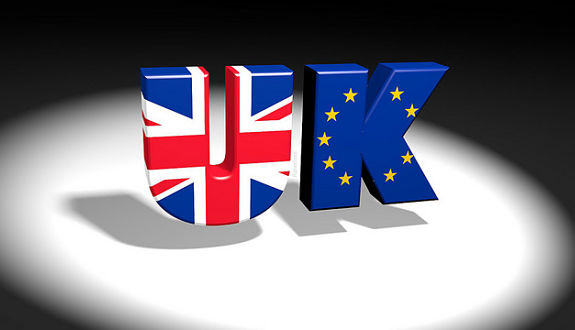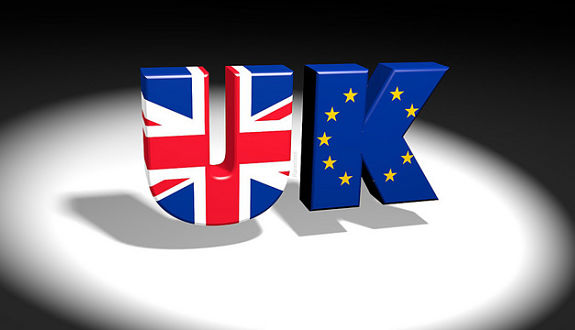International Law: Brexit and You
- by
- Jul 02, 2016
- Legal Life, News
- Reviewed by: Matt Riley


America is obviously the greatest country in the world, but with all that Brexit stuff in the news recently, you may have had reason to take a break from all that hamburger-eating and eagle-wresting to find out what’s going on in the rest of the world. If all of those goings-on have piqued your interest in international law, it’s your lucky day, because we’re going to delve into the details.
When most people say “international law,” they’re really referring to public international law, which regulates relations and activities between nations. There’s also something called private international law, which refers to relations between people from different countries.
International law governs a smorgasbord of issues, including international trade, conflicts and the use of force, human rights, refugees, crime, and more. However, unlike domestic law, international law isn’t actually enforced by anyone. The United Nations can pass resolutions regarding legal issues but doesn’t actually have an enforcement mechanism, so it’s a lot like your mom telling you “I’m not mad, I’m just disappointed.” The UN Security Council can approve sanctions against countries that violate international law, and the Security Council’s actions are binding for all member states, but that’s about it as far as enforcement.
International law also comes from treaties, opinions issued by international tribunals, and the International Court of Justice. But until we welcome our robot overlords, disagreements and disputes must be solved through diplomatic means – or, in certain cases, less-diplomatic means.
The EU also has its own set of laws, which govern interactions between the member states. Laws are created by the Council of the European Union, and they are enforced by the Court of Justice of the European Union. (No marks for creativity in assigning names, EU.) The directives enshrined in EU law must be incorporated into the member states’ legal code, and the EU can levy fines against countries that fail to implement the directives.
If all of this sounds fascinating to you, I have some good news and some bad news. The good news is that you can, in fact, practice international law; the bad news is that you’ll most likely be working in private international law (which is only bad news if you had visions of yourself adjudicating between, say, Greece and the U.K.). Employers that hire international lawyers include private law firms (duh), the federal government (also duh), non-profits, and international groups. You’ll need a law degree, but not surprisingly, your chances will be better if you also have things like a masters degree, foreign-language skills, and relevant work experience – so if international law sounds like your cup of tea, you’d better get cracking!
Search the Blog

Free LSAT Practice Account
Sign up for a free Blueprint LSAT account and get access to a free trial of the Self-Paced Course and a free practice LSAT with a detailed score report, mind-blowing analytics, and explanatory videos.
Learn More
Popular Posts
-
logic games Game Over: LSAC Says Farewell to Logic Games
-
General LSAT Advice How to Get a 180 on the LSAT
-
Entertainment Revisiting Elle's LSAT Journey from Legally Blonde








